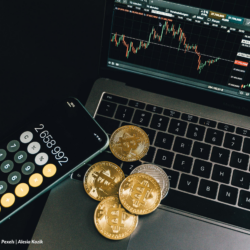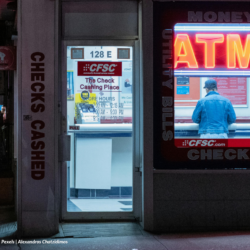What is the Philippine Innovation Act?
Republic Act No. 11293 or Philippine Innovation Act was enacted in line with the State’s policy to foster innovation as a vital component of national development and sustainable economic growth. It was principally authored and co-sponsored by Senate President Pro Tempore Loren Legarda, who aims to create an efficient national innovation system that shall be implemented in all areas of governance in the country. Fostering innovation in the country may be one of the key ingredients to faster economic growth and to encourage global competitiveness among Filipinos.












